House Votes to Bar Arctic Drilling; Senate Action Unlikely
Rep. Don Young, R-Alaska, calls the Democratic bill "a sham," and says, "this is not a wilderness area."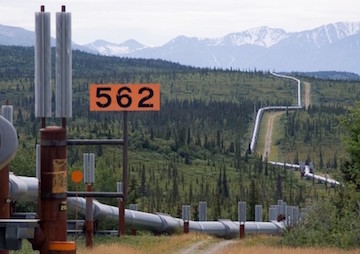 Trans-Alaska Pipeline System. (Luca Galuzzi / Wikipedia)
Trans-Alaska Pipeline System. (Luca Galuzzi / Wikipedia)
WASHINGTON — The Democratic-controlled House on Thursday voted to reinstate a decades-long ban on oil and gas drilling in Alaska’s Arctic National Wildlife Refuge — a largely symbolic move aimed at reversing a plan by President Donald Trump to drill in the pristine refuge.
The 225-193 vote comes as the Trump administration has begun planning to sell oil and gas leases in the remote refuge, home to polar bears, caribou, migratory birds and other species. An environmental impact analysis could be released soon.
The drilling was authorized under a 2017 tax cut approved by the Republican-controlled Congress, an action the House vote attempts to undo. The bill now goes to the GOP-controlled Senate, where action is unlikely. Trump has vowed to veto the bill if it reaches his desk.
The bill’s Democratic sponsor, Rep. Jared Huffman of California, said there are “some places too wild, too important, too special to be spoiled by oil and gas development. The Arctic Refuge Coastal Plain is one of those special places.”
But Republicans, including all three members of Alaska’s congressional delegation, said drilling can be done safely with modern techniques and would decrease U.S. dependence on foreign oil and create jobs for Alaskans.
Rep. Don Young, R-Alaska, said Huffman “certainly takes a great interest in how we Alaskans operate. I would suggest he pay more attention to the issues in his own back yard and let me handle mine.”
Young called the Democratic bill “a sham” and said, “Despite the Democrats’ ongoing efforts, this is not a wilderness area. Let me say again: the (area set aside for drilling) is designated for development.”
Alaskans, including Alaska natives, overwhelmingly want to see the refuge opened to development, Young said. “Alaskans know and have repeatedly shown that responsible development and environmental stewardship can go together.”
Huffman and other bill supporters noted that the 19.6 million acre refuge is home to more than 200 different wildlife species, including bird species that migrate to states and districts across the country.
“You don’t have to have visited the refuge to be impacted and impressed by its ecological beauty,” Huffman said. The Porcupine caribou herd is a vital source of subsistence for the indigenous Gwich’in people and the herd’s survival will be imperiled by oil and gas development, he said.
Republicans and Democrats have fought over Arctic drilling for nearly four decades. Former President Bill Clinton vetoed a GOP plan to allow drilling in the refuge in 1995, and Democrats led by Washington Sen. Maria Cantwell defeated a similar plan in 2005.
The plan to allow drilling was included in the 2017 tax bill after lawmakers were unable to get a stand-alone measure approved.
The vote on Alaska drilling comes after the House approved two bills Wednesday that would permanently bar drilling off the Atlantic and Pacific coasts and extend a moratorium on drilling off Florida’s west coast.
Coastal lawmakers from both parties said the bills would protect U.S. coasts from drilling that can pollute crucial waters — and lead to disasters such as the 2010 BP spill in the Gulf of Mexico.
Opponents, mostly Republicans, said the bills undercut domestic energy security and limit thousands of job opportunities.
The Senate is not expected to vote on either of the offshore bills, which Trump has vowed to veto.
Your support matters…Independent journalism is under threat and overshadowed by heavily funded mainstream media.
You can help level the playing field. Become a member.
Your tax-deductible contribution keeps us digging beneath the headlines to give you thought-provoking, investigative reporting and analysis that unearths what's really happening- without compromise.
Give today to support our courageous, independent journalists.
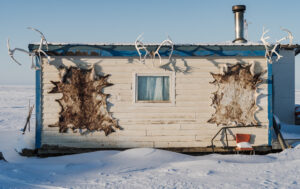
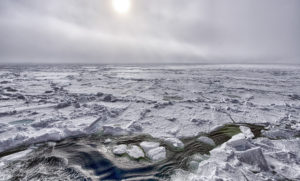
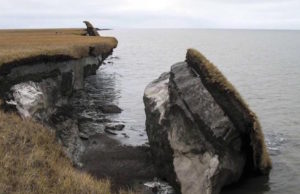
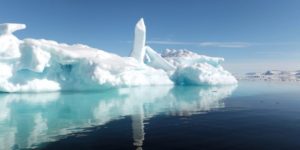

You need to be a supporter to comment.
There are currently no responses to this article.
Be the first to respond.